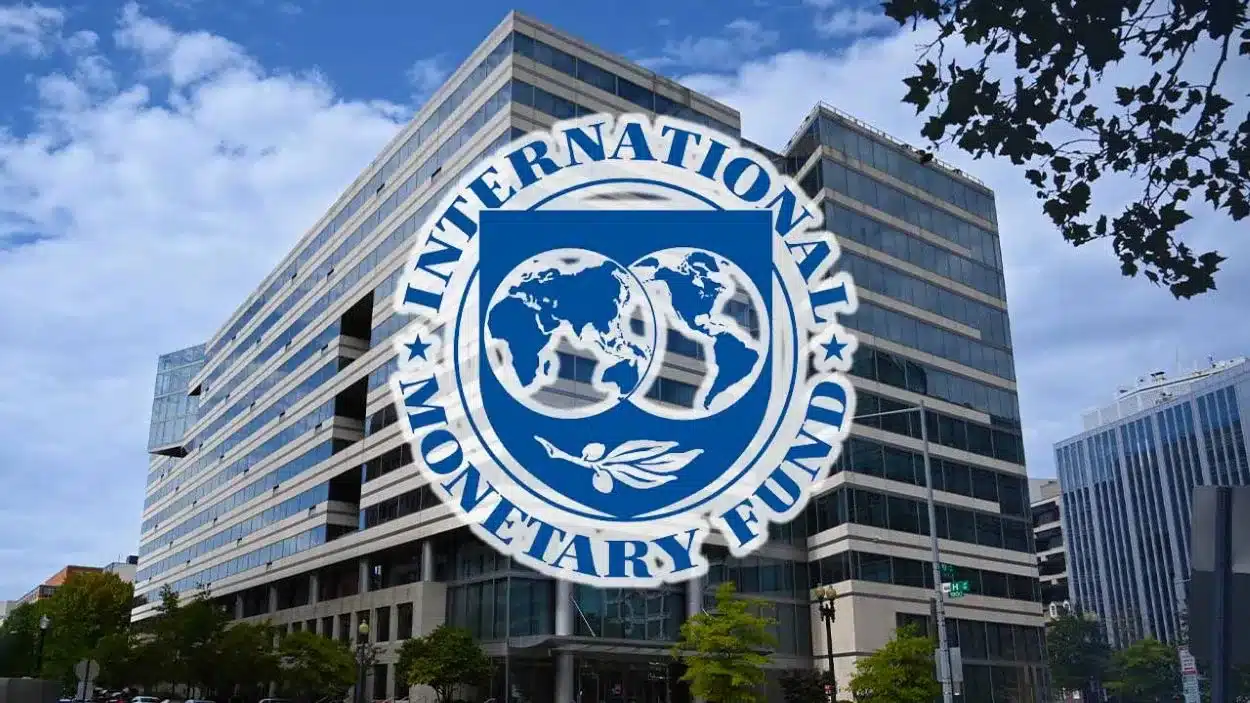The International Monetary Fund (IMF) proposed a technical assistance mission to investigate Pakistan’s $16.5 billion to $30 billion trade data discrepancy during recent $7 billion bailout talks. The mission aims to identify causes and recommend fixes, but Pakistani authorities declined, asserting they can handle it internally.
The Express Tribune has also reported that from July 2020 to June 2025, Pakistan Single Window (PSW) recorded $321 billion in imports, while the State Bank of Pakistan (SBP) cleared $291 billion, revealing a $30 billion gap. Pakistan Revenue Automation Limited (PRAL) reported $304.5 billion, $16.5 billion less than PSW, with $12.8 billion tied to export facilitation schemes, raising tax evasion concerns.
Read: IMF Approves $1.2 Billion Funding for Pakistan After Successful Review
PBS Chief Statistician Dr Naeem Uz-Zafar rejected IMF help, saying, “We are qualified to reconcile the data.” Planning Minister Ahsan Iqbal claimed the IMF was satisfied with Pakistan’s explanation.
The gap, linked to unbooked raw materials, may indicate tax evasion or trade-based money laundering. The SBP noted that minor data revisions may occur. Finance Minister Muhammad Aurangzeb, speaking at the Atlantic Council, outlined FBR reforms focusing on people, processes, and technology.
Read: Pakistan Faces $30B Import Data Gap as IMF Demands Transparency
The discrepancy threatens economic transparency and IMF trust, critical for bailout funds. Resolving it could curb financial misconduct.






